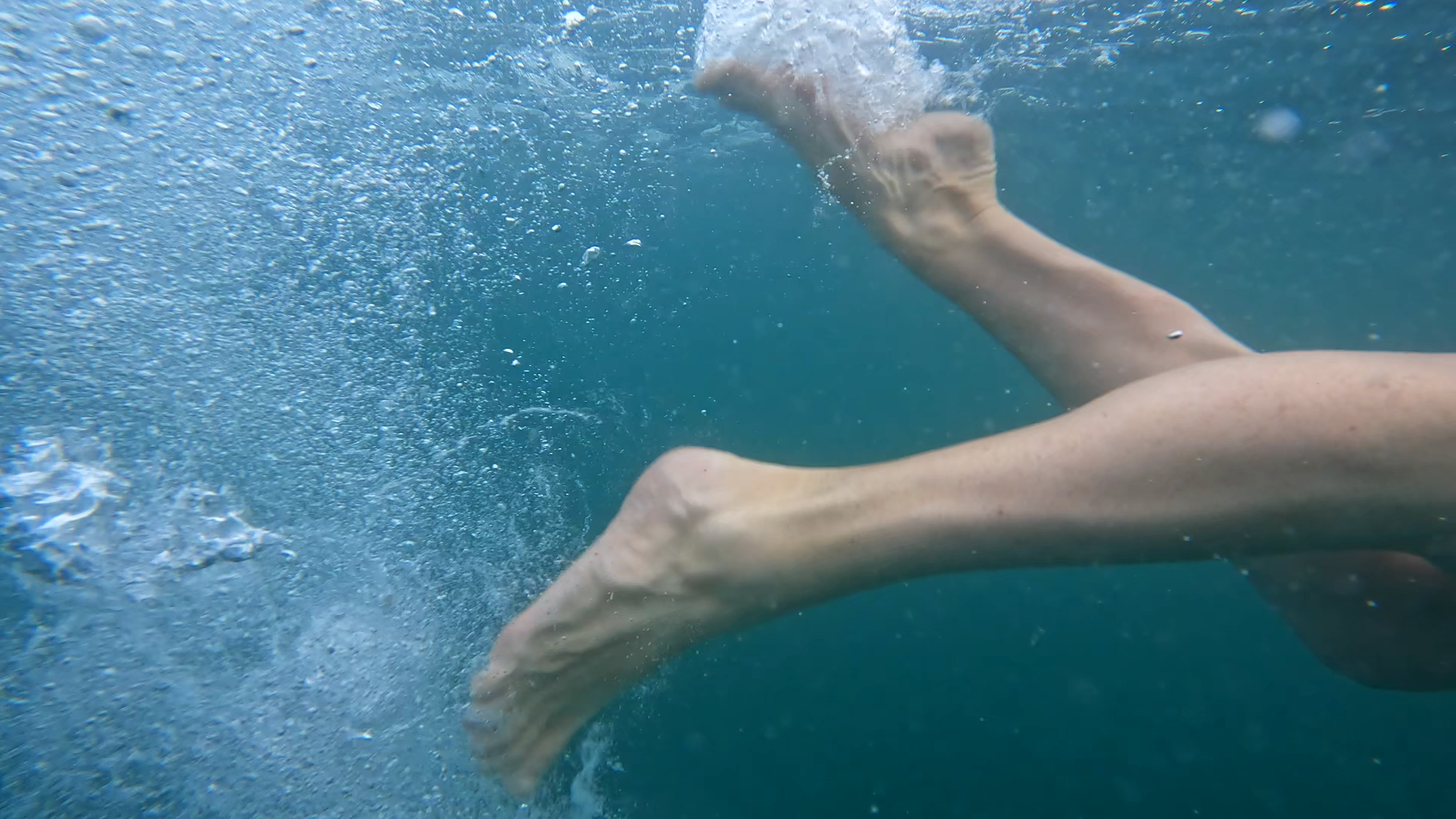Conversation Piece: Swimming for Trans and Non-Binary Bodies
Archive
Events & Talks
(8 November 2022, 6.30pm - 8.00pm)
A relaxed and informative discussion event, this time posing the question: Can we all feel 'At Home in the Water'?
Join researcher and artist Lorenza Ippolito to discuss how bodies are policed in public space and the effects this has on trans and non-binary people. This discussion will be joined by a special guest speaker, details to follow.
This autumn, Fabrica will present At Home in the Water, an exhibition by Vanessa Daws which has been inspired by local pioneer swimmer, Mercedes Gleitze.
Gleitze was an extraordinary woman who enjoyed the challenges of open sea swimming. She was the first British woman to swim the English Channel, the first person to swim the Strait of Gibraltar, and also completed record-breaking endurance swims of up to 47 hours in public swimming pools. With the height of her success happening in the 1920’s and ‘30’s, Gleitze was also challenging and changing the way women and female bodies were seen through showcasing her strength, discipline and talent.
Today, the world is starting to understand and recognise that the bodies we are given at birth do not always correspond to who we feel we are and what we are capable of. But what happens when these trans and non-binary bodies go swimming in public indoor pools? Some people feel their bodies do not correspond to their gender and work to change their bodies to feel more like themselves.
Published in 2021, research by Associate Professor Dr Jayne Caudwell of the Department of Social Sciences and Social Work and Centre for Seldom Heard Voices titled ‘Queering Indoor Swimming in the UK: Transgender and Non-binary wellbeing’ focused on transgender and non-binary experiences of recreational swimming and aquatic activity (2017–2020). It reported that transgender and non-binary people’s feelings of safety in the public space of indoor pool is not as straight forward as for cis-gendered people (people who identify with the gender they were assigned at birth).
The findings concern transgender and non-binary people's feelings of un/safety in the public spaces of swimming pools and the accompanying display of their embodied self. These two elements of un/safety—spatiality and embodiment—are critically discussed in relation to physical activity and in/equality.
